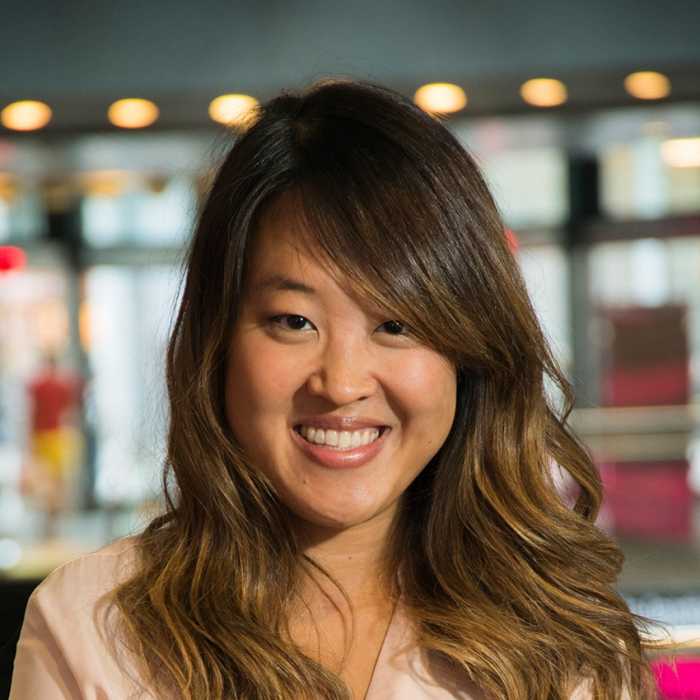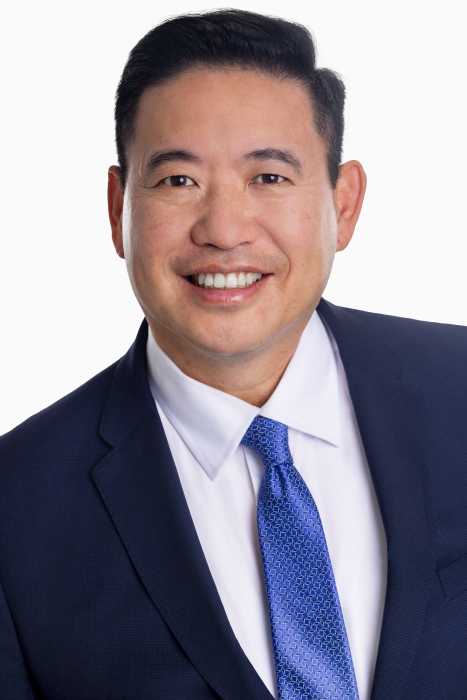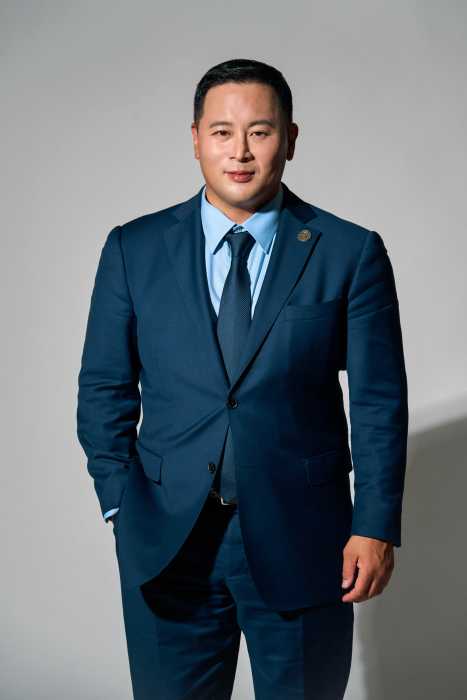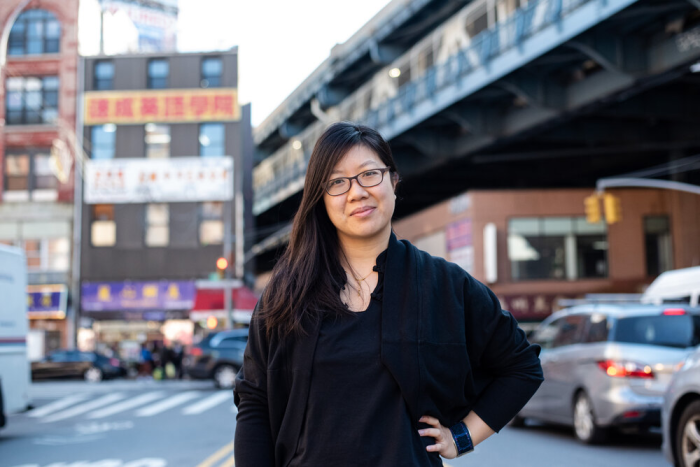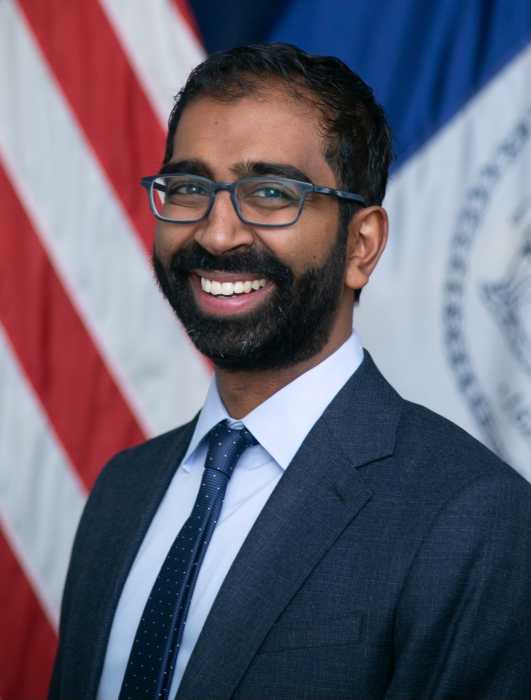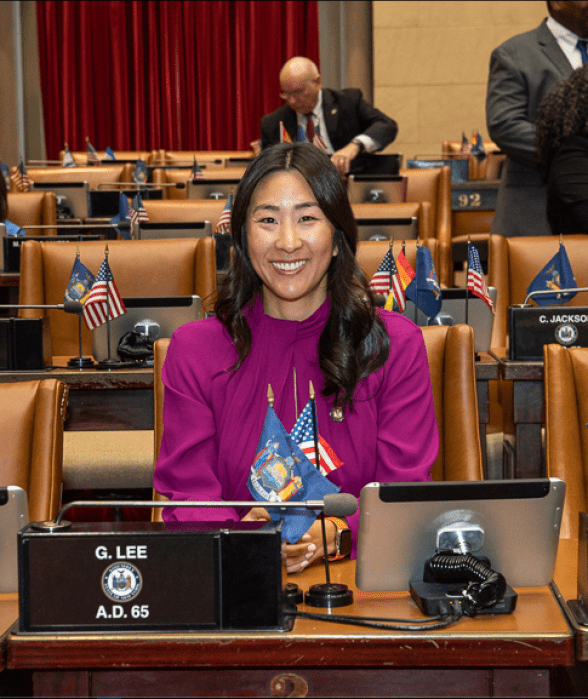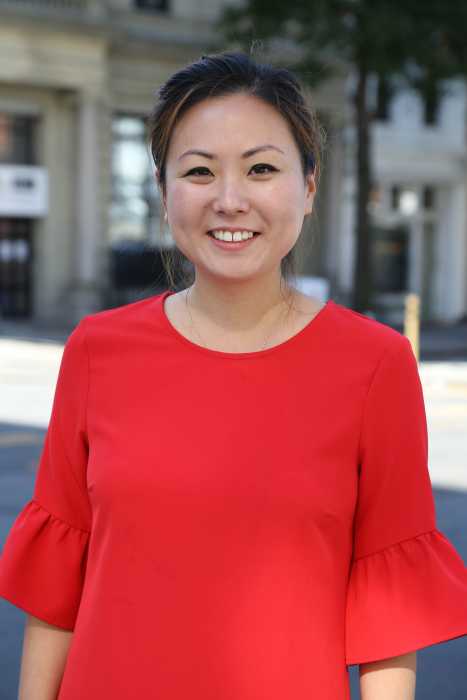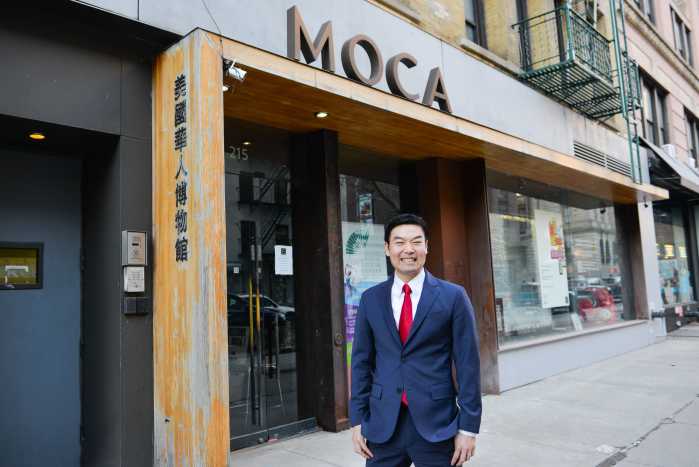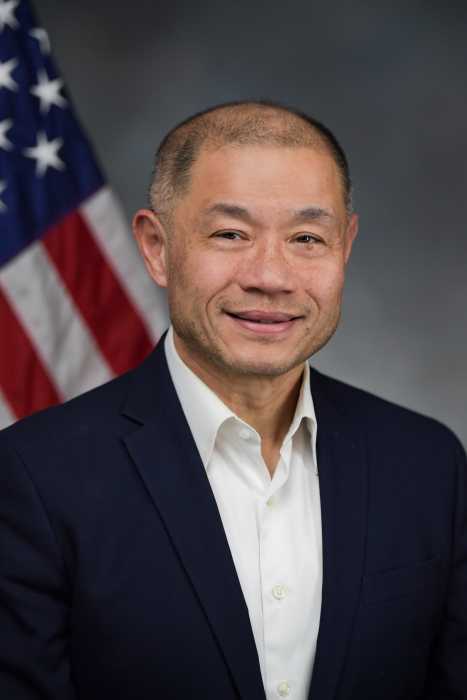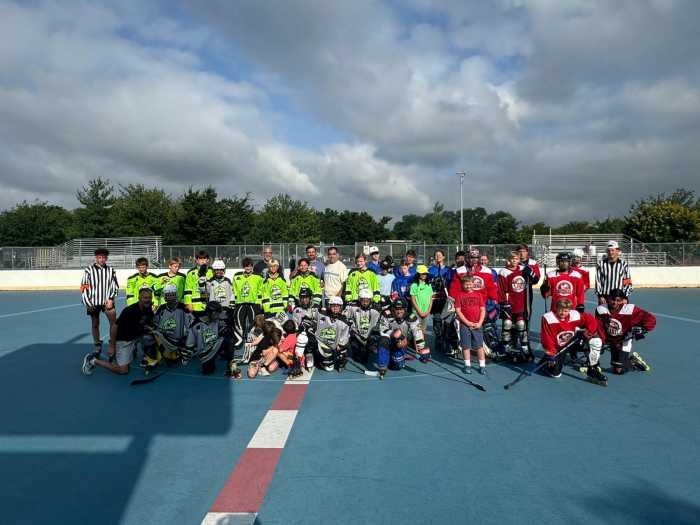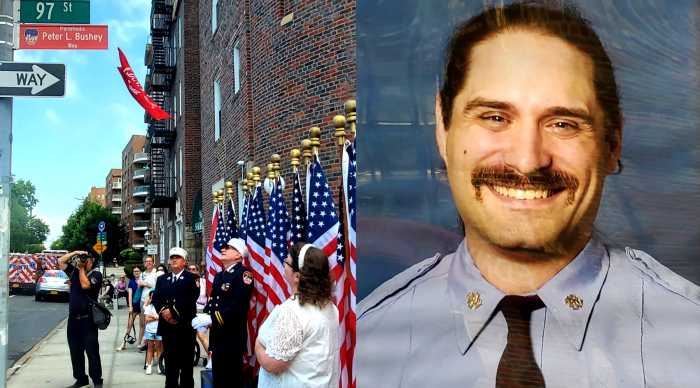Binna Kim is the co-founder and group CEO of Vested. For two decades, Binna has worked with leading financial services brands on driving integrated marcomms campaigns to enhance brand, shape reputation, and deliver results. Binna was named a Woman of Distinction by PRWeek in 2024 as well as Top 40 under 40 in PR. She is a member of Chief and supports the Association of Asian American Investment Managers in a communications advisory role.
If you could give your younger-self advice, what would it be?
Leadership doesn’t have to be loud. My AAPI heritage meant that I wasn’t raised to be the loudest voice in the room. Early on in my career, I felt this was holding me back. But I realize now that my ability to listen and to thoughtfully communicate is one of my greatest strengths.
Do you have any event/movie/music suggestions for our readers to check out in celebration of AAPI Heritage Month?
I’m a reader, so I’m going to recommend a book instead! Jessamine Chan’s “The School for Good Mothers” is an incredible book – the book haunted me and I wept multiple times reading it. It throws a harsh spotlight on American parenting and opens your eyes to realize that our American definition of being a good mother excludes how different heritages show love – which is not always in hugs and organic food.
How has your heritage shaped the person you are today?
As the first child of two immigrants, even though I was born in the U.S., I didn’t speak English when I started kindergarten. That feeling of ‘otherness’ lingered, but also forced me to define my own identity in who I really am. When you don’t fit in, you might as well be your own shape. As a leader, I try to advocate for defining leadership in the actual value you create, not in leadership presenteeism.
What can New York policymakers do to support the AAPI-community in the short-term? In the long-term?
There still needs to be more recognition for the breadth of the AAPI diaspora and the diverse needs of AAPIs as minorities. There’s greater recognition of anti-AAPI violence as hate crimes, but more needs to be done here. There should be more AAPI history taught within classrooms. How many children know about Japanese internment camps or Chinese slavery in the U.S.? Not enough. Progress is being made, which is exciting, but we can do better.


